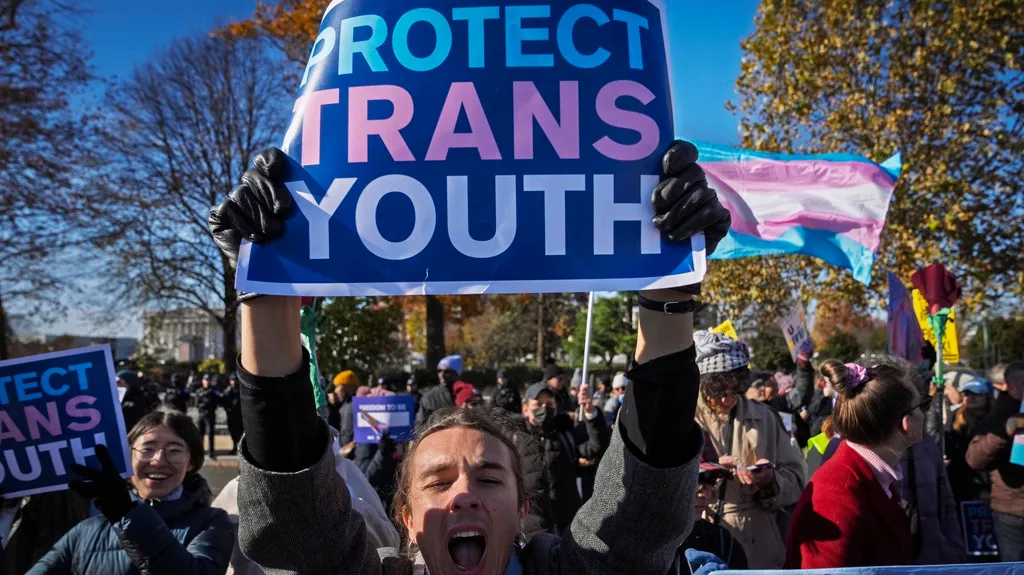July 15, 2011
Last Throes Of DADT
Kevin Mark Kline READ TIME: 4 MIN.
The U.S. Court of Appeals that recently halted enforcement of ''Don't Ask, Don't Tell'' is asking who - if anyone - is left actually defending the law in court.
In an order from the clerk of the U.S. Court of Appeals for the Ninth Circuit issued in the Log Cabin Republicans v. United States case on July 11, the court followed up on the July 6 three-judge panel's order in the case halting enforcement of DADT law (10 U.S.C. 654).
"After reviewing the briefs filed by the parties, it appears to the merits panel that the United States is not prepared to defend the constitutionality of 10 U.S.C. � 654," the July 11 order begins.
Just five days earlier, the court had issued an order lifting its stay of U.S. District Court Judge Virginia Phillips's injunction halting the worldwide enforcement of DADT. Two days later, on July 8, Undersecretary of Defense for Personnel and Readiness Clifford Stanley issued a memorandum affirming that the Department of Defense (DOD) would adhere to the order.
Referencing the initial injunction put in place by Phillips in October 2010, Stanley wrote, ''The reinstatement of that injunction ... is effective immediately. The Secretaries of the Military Departments shall ensure immediate compliance with the injunction and this memorandum. The appeal from the injunction remains pending.''
The flurry of Ninth Circuit and DOD activity comes as the time for the required Don't Ask, Don't Tell Repeal Act certification would seem to be nearing - as President Barack Obama said on June 29 that certification would be coming in ''weeks, not months.''
The July 11 order, which addressed the merits of the LCR lawsuit, notes that the court concluded the government only defended the constitutionality of the Don't Ask, Don't Tell Repeal Act - and not the actual DADT law at issue in the case - and states, ''No party to this appeal has indicated an intention to defend the constitutionality of [DADT] or to argue that the constitutionality holding of the district court should be reversed.''
Noting that the government may choose not to defend laws - and citing the Feb. 23 letter from Attorney General Eric Holder to House Speaker John Boehner (R-Ohio) detailing the administration's decision not to defend Section 3 of the Defense of Marriage Act - the order states that if the government chooses not to defend DADT's constitutionality, ''the court may allow amicus curiae'' - people or groups who are not parties to litigation but who present the court with their views on the litigation - ''to participate in oral argument in support of constitutionality'' of the law.
The court then goes on to order the government to "advise the court whether it intends to submit a report to Congress" detailing a decision not to defend DADT and, if so, "to advise whether it will do so within such time as to enable Congress to take action to intervene in timely fashion in this proceeding."
Additionally, the court asks the parties to explain "why this case should not be dismissed as moot," either now or upon certification of the Don't Ask, Don't Tell Repeal Act. In a statement, LCR executive director Clarke Cooper said, "The ruling in Log Cabin Republicans v. United States set an important precedent by showing that discrimination against gay and lesbian Americans is unconstitutional." Judge Phillips's decision at the trial court level in the case, by finding a constitutional violation of equal protection in DADT, creates a nondiscrimination obligation that LCR officials and their attorney have said they want to protect going forward since the DADT Repeal Act does not contain a nondiscrimination provision.
LCR deputy executive director Christian Berle told Metro Weekly of the trial court ruling, ''We're fully committed to the precedent in this ruling because it protects, in perpetuity, the constitutional rights of servicemembers.''
Responses to the questions raised in the July 11 order are due to the court within 10 days - or by July 21. At the same time, the injunction can be appealed to the Supreme Court, according to the Supreme Court's rules, any time before the final judgment is entered in the appellate case.
On July 13, Stars and Stripes's Chris Carroll reported that a Pentagon spokesman said that the services have turned in DADT repeal paperwork. In turn, Servicemembers Legal Defense Network executive director Aubrey Sarvis said in a statement that he was ''encouraged by the delivery of these assessments and recommendations,'' but added, ''To end the confusion among troops and in the courts, we need the formal certification from the President, Secretary Panetta, and Admiral Mullen, and that document should go up to Capitol Hill and to the Court of Appeals for the Ninth Circuit within days.''
A Department of Defense spokeswoman and White House spokesman Jay Carney both said that the Justice Department is reviewing the July 6 order lifting the stay to determine what action, if any, to take.



